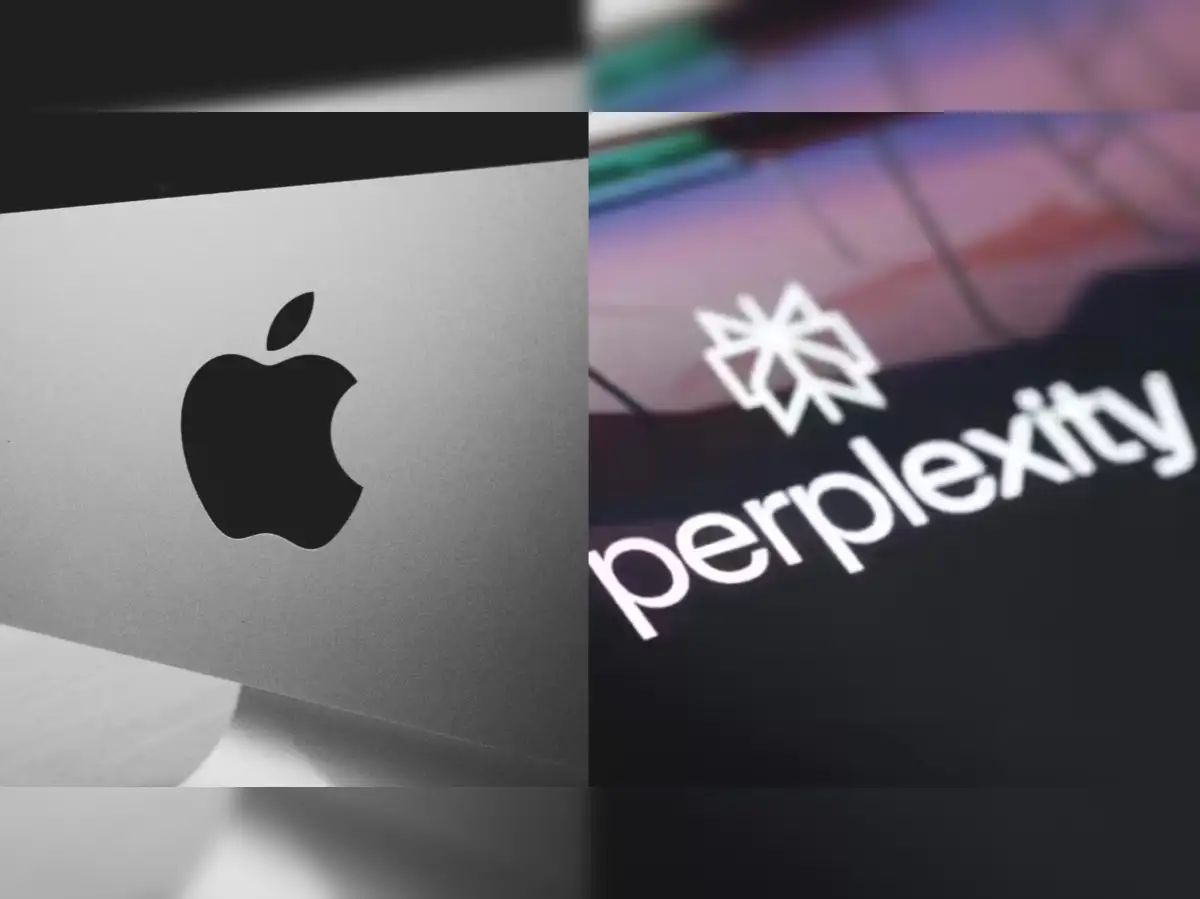Emerging Trends in AI and Technology: A Comprehensive Overview
Author: Tech Expert

The technological landscape is rapidly evolving, with artificial intelligence (AI) taking center stage. Major corporations are competing fiercely to harness the power of AI, striving to create more advanced tools that enhance productivity and user engagement. Recent announcements reveal the emergence of several significant trends, particularly regarding how companies like Google, Apple, and Accenture are reshaping their operations through AI.
One of the most significant developments is Google's introduction of the 'Search Live' feature. This allows users to engage in real-time conversations with AI while searching for information, revolutionizing how individuals interact with search engines. As AI becomes more integrated into everyday systems, Google's approach signals a shift towards personalized user experiences that cater to the demands of an increasingly data-savvy audience.

An overview of AI assistants designed for smart scheduling and research.
Alongside Google's advancements, Accenture's recent investment of $1.5 billion into AI technologies highlights a significant commitment to leveraging generative AI within the IT sector. This can be perceived as a wake-up call for Indian IT companies that have so far been slow to adopt similar technologies. Accenture's strategy underscores the importance of staying competitive in a landscape that is constantly being reshaped by innovative tech.
Moreover, the announcement of the 'Void IDE,' an open-source alternative to traditional closed-source AI code editors, signifies a growing desire for privacy-focused solutions in the tech community. This new code editor will serve as a tool for developers who prioritize data protection while maintaining efficacy in their coding environments. The growing popularity of open-source solutions is reflected in the backing from reputable investors, such as Y Combinator.

The Void IDE provides developers with a new, privacy-focused approach to coding.
The smartphone market is also showcasing innovation. The recent launch of the Honor 400 5G mid-range phone in the Philippines emphasizes the role of AI in enhancing photographic capabilities and user experience. As consumers continue to demand better technology that is both accessible and feature-rich, manufacturers are responding with devices that integrate AI to elevate user satisfaction.
In another realm of tech development, reports on Apple's internal discussions about potentially acquiring the AI startup Perplexity reflect the intense competitive atmosphere surrounding AI technologies. Companies realize that integrating AI tools can significantly influence market share and enhance customer engagement. This acquisition race is partly fueled by the success of AI alternatives, like ChatGPT, which cater to a younger, historically underserved demographic.

The acquisition interest in AI startups signifies the intensifying competition among tech giants.
As the competition continues, challenges such as regulatory scrutiny also loom large, particularly for market leaders like Google. The European Union's Digital Markets Act requires companies to adjust their strategies to avoid antitrust fines by providing fairer access to their platforms. Google's proposals to elevate the visibility of rival services illustrate a proactive approach to compliance and competition.
Overall, the intersection of AI technology and business is leading to exciting developments across various sectors. As companies innovate and adapt to new market realities, the emphasis on user experience, privacy, and competition will likely dictate the pace of technological advancement in the coming years. The future holds much promise, and the influence of AI will only expand, driving innovations that will shape, and likely transform, our daily lives.